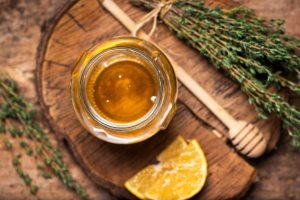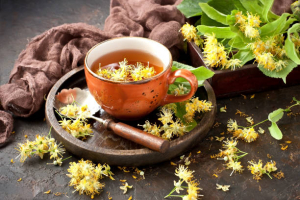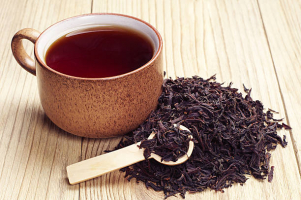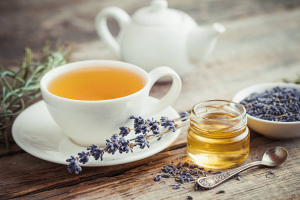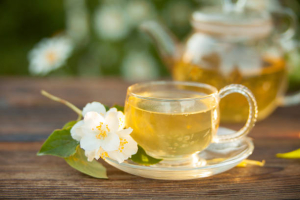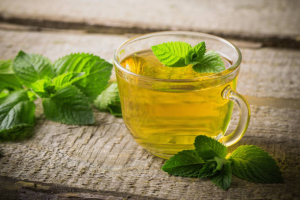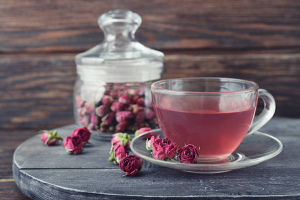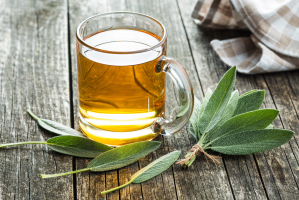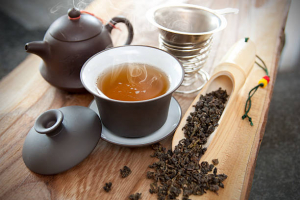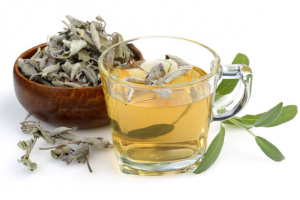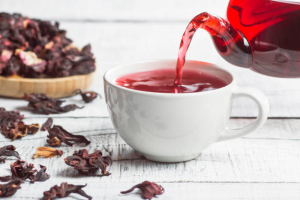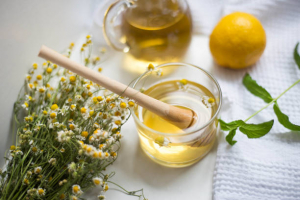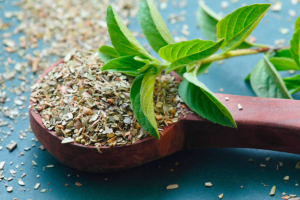Top 9 Health Benefits of Rooibos Tea
Rooibos tea is becoming famous as a tasty and healthful beverage. It has been consumed in southern Africa for generations and has become a popular drink all ... read more...around the world. It's a tasty, caffeine-free substitute for black and green tea. Furthermore, supporters tout rooibos' potential health advantages, suggesting that its antioxidants can help prevent cancer, heart disease, and stroke. Here are the best health benefits of Rooibos tea.
-
Caffeine is a naturally occurring stimulant present in both black and green tea. Caffeine use in moderation is typically safe. It may even improve workout performance, focus, and mood. Excessive use, on the other hand, has been related to heart palpitations, increased anxiety, sleep issues, and headaches. As a result, some people prefer to avoid or limit their caffeine intake. Because rooibos tea is caffeine-free by nature, it is an ideal substitute for black or green tea.
Rooibos also has less tannin than black or green tea. Tannins, natural chemicals found in green and black tea, inhibit nutrient absorption, particularly iron absorption. Finally, unlike black tea and, to a lesser extent, green tea, red rooibos contains no oxalic acid. Because excessive oxalic acid consumption increases the danger of kidney stones, rooibos is a suitable alternative for anybody with renal difficulties.
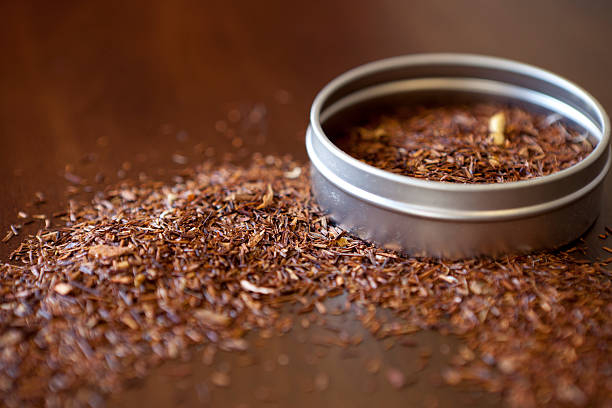
Low in Tannins and Free from Caffeine and Oxalic Acid 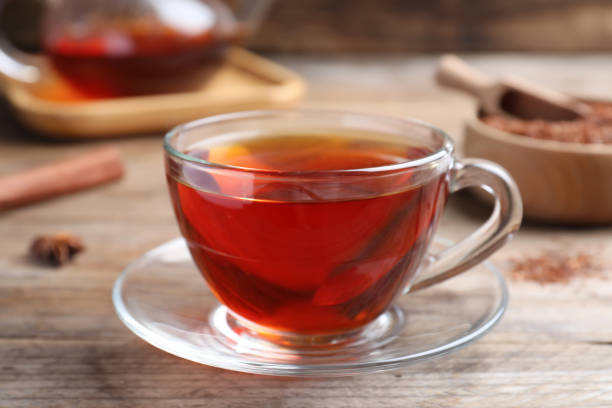
Low in Tannins and Free from Caffeine and Oxalic Acid -
Rooibos is connected with health advantages because of its high quantities of antioxidants such as aspalathin and quercetin. Antioxidants may help protect cells from free radical damage. In the long run, these impacts may lower your risk of ailments including heart disease and cancer. There is some evidence that rooibos tea might boost your antioxidant levels. However, any rise that has been reported has been minor and has not lasted long.
In one 15-person trial, participants' blood antioxidant levels increased by 2.9% when they drank red rooibos and 6.6% when they drank green rooibos. After drinking 17 ounces (500 ml) of tea containing 750 mg of rooibos leaves, the participants experienced a five-hour increase in energy. Another research of 12 healthy males found that rooibos tea had no effect on blood antioxidant levels when compared to a placebo. This might be because the antioxidants in rooibos are either short-lived or poorly absorbed by your body.
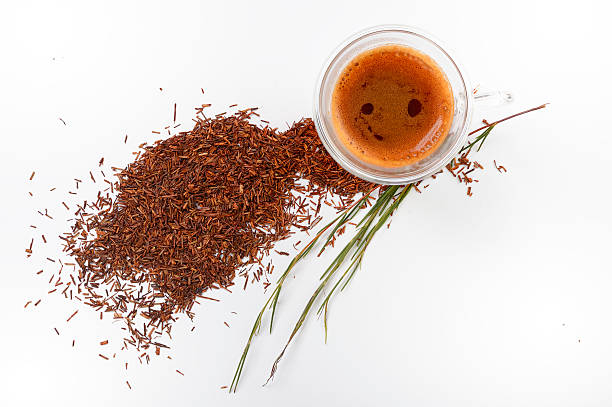
Packed With Antioxidants 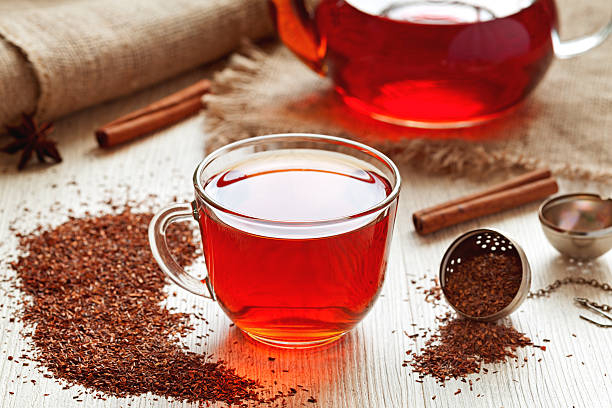
Packed With Antioxidants -
Antioxidants in rooibos have been related to heart health. This might happen in a variety of ways. First, drinking rooibos tea may lower blood pressure by blocking the angiotensin-converting enzyme (ACE). ACE indirectly raises blood pressure by contracting your blood vessels. Drinking rooibos tea 30-60 minutes after consumption decreased ACE activity in a study of 17 participants.
This, however, did not result in any changes in blood pressure. There is further evidence that tea can help lower cholesterol levels. Six cups of rooibos tea daily for six weeks lowered "bad" LDL cholesterol while increasing "good" HDL cholesterol in a trial of 40 overweight people at high risk of heart disease. A similar impact, however, was not observed in healthy persons. A healthy cholesterol level protects against a variety of cardiac problems, including heart attacks and strokes.
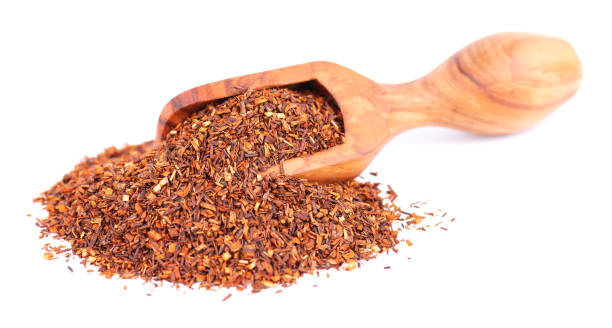
May Boost Heart Health 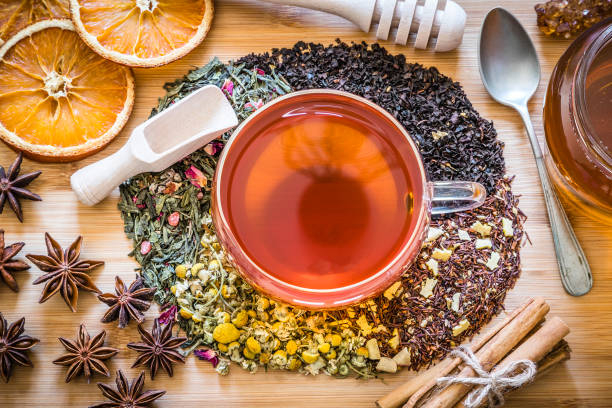
May Boost Heart Health -
According to test-tube research, the antioxidants quercetin and luteolin found in rooibos tea can destroy cancer cells and inhibit tumor development. The quantity of quercetin and luteolin in a cup of tea, on the other hand, is relatively little. Many fruits and vegetables are far more nutritious. As a result, it's unknown if rooibos contains enough of these two antioxidants and whether they're absorbed efficiently enough by your body to be beneficial.
Rooibos tea includes antioxidants with anti-inflammatory effects, which aid in the reduction of inflammation and aches and pains. By activating potassium ions throughout the body, the anti-spasmodic chemicals in rooibos tea can also aid to reduce abdominal discomfort such as stomach cramps. Rooibos tea can help relieve the painful symptoms of arthritis by lowering inflammation. Rooibos tea has a lot of vitamin C, which aids in the healing of collagen and connective tissue in the joints.

May Reduce Cancer Risk 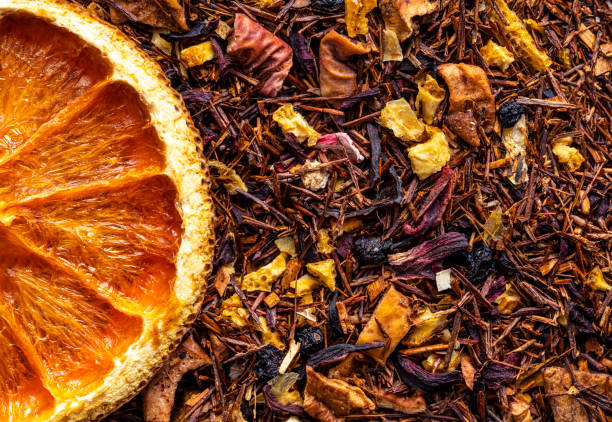
May Reduce Cancer Risk -
Rooibos tea includes alpha hydroxy acid, which is a key element in skin treatments like chemical peels available at your dermatologist's clinic. Although alpha hydroxy acid is not often found in foods, it can help with your skincare routine and decrease wrinkles. In 28-day clinical research, a tea and rooibos mixture improved the appearance of fine lines and wrinkles by nearly 10%. Rooibos tea has a calming effect, decreasing inflammation and redness for more even-toned skin. Rooibos tea also includes zinc, which has shown promise in treating common skin disorders including eczema and acne.
Superoxide dismutase, which has anti-aging qualities and helps to reduce the formation of wrinkles, is found in Rooibos tea. This enzyme helps to generate healthy skin cells, which help you seem younger for longer. It also interacts with other antioxidants in rooibos tea to combat free radicals, which can hasten the aging process. While additional study is needed, drinking a cup or two of rooibos tea every day can help maintain skin appearing even and youthful.
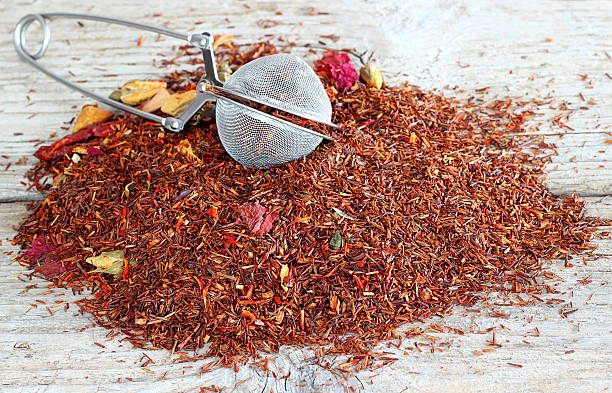
Improves Appearance of Skin 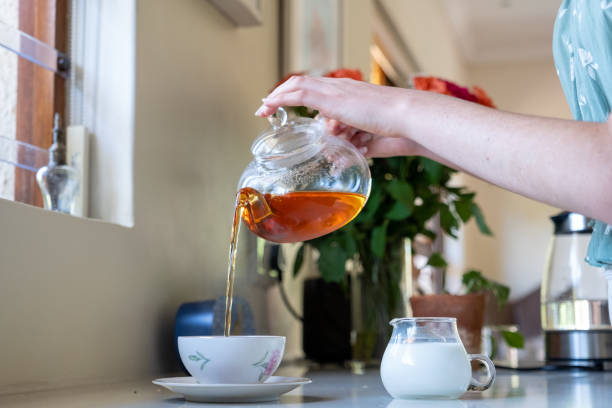
Improves Appearance of Skin -
Many Americans suffer from stomach issues. The rise in the prevalence of diseases such as Celiac disease, acid reflux, and persistent unsettled stomach shows no indications of abating. While many digestive disorders can be related to a bad diet heavy in processed foods, there is growing evidence that drinking tea may have digestive advantages. Rooibos tea includes antispasmodic elements that aid in the prevention of stomach aches. According to research published in the Basic & Clinical Pharmacology & Toxicology Journal, substances including quercetin, orientin, and vitexin helped to calm the digestive tract and ease the pain.
This same study shows that tannins in rooibos tea have the ability to alleviate diarrhea symptoms. Rooibos tea is also good for the immune system. It's high in vitamins and minerals, which help maintain immune function and fight off infections that can make you sick. Pathogens that cause stomach distress and diarrhea may be eliminated by Rooibos.

Streamlines Digestion 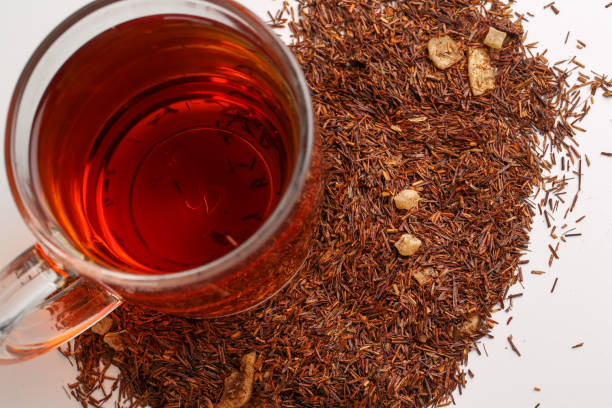
Streamlines Digestion -
Drinking rooibos tea may help to control diabetes or prevent the development of Type 2 Diabetes. A 2013 Tokyo animal research found that polyphenols in rooibos tea help diabetic mice maintain their blood sugar levels and boost their glucose tolerance. Although rooibos tea will not cure diabetes, it may help reduce insulin resistance and relieve symptoms if drank on a daily basis.
The polyphenol aspalathin, in particular, serves to boost glucose absorption while suppressing the rise in fasting glucose levels that can cause blood sugar rises in diabetics. For five weeks, mice were administered aspalathin levels comparable to those seen in rooibos tea. The mice were also found to have reduced levels of expression in genes linked to inherited diabetes risks.
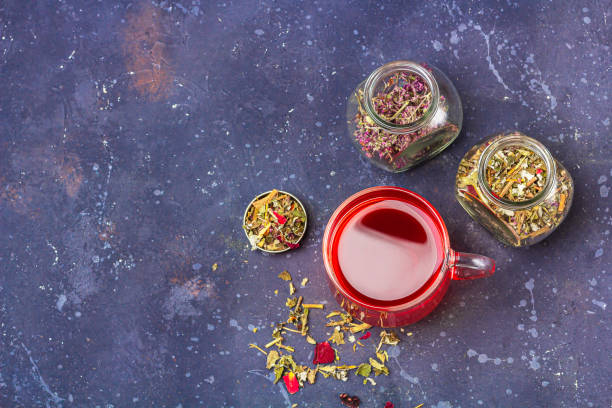
May Help Control or Prevent Diabetes 
May Help Control or Prevent Diabetes -
This South African brew includes chrysoeriol, a bioactive flavonoid with anti-inflammatory and antioxidant properties. Rooibos tea, which acts as a bronchodilator, can help ease the symptoms of wheezing and coughing caused by allergic rhinitis and asthma. Another flavonoid known as Quercetin aids in the prevention of allergies in the first place. Quercetin essentially inhibits mast cells, which are responsible for the release of histamine, the major component that causes an allergic reaction.
In essence, rooibos tea acts as an antihistamine without the drowsiness associated with many comparable drugs. While it is not a substitute for sophisticated allergy therapies such as inhaled corticosteroids and large doses of antihistamines, drinking a few cups of rooibos tea every day can help to decrease your body's over-reactive immunological reaction, which causes allergies.
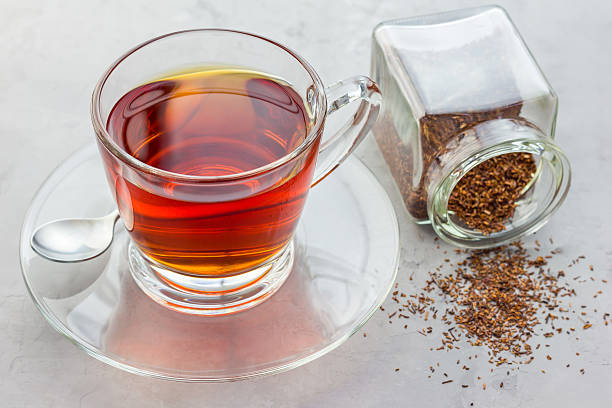
Decrease Allergies 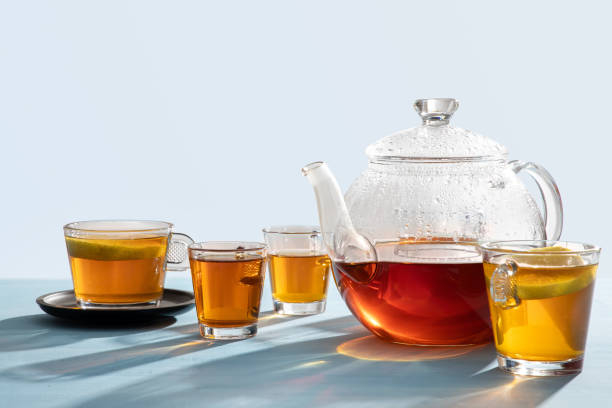
Decrease Allergies -
Rooibos tea, like real teas and many herbal tisanes, has minerals that help create healthy bones, such as calcium, manganese, and fluoride. These minerals stimulate the activity of osteoblast cells, which are important for the formation of robust bone mass.
While many teas include these critical minerals, which aid in the protection of healthy bones and the prevention of disorders such as osteoporosis and arthritis, rooibos has two additional compounds that are even more helpful to bone health. The flavonoids luteolin and orientin found in rooibos have been proven to have the ability to improve bone mineral content.

Helps Build Strong Bones 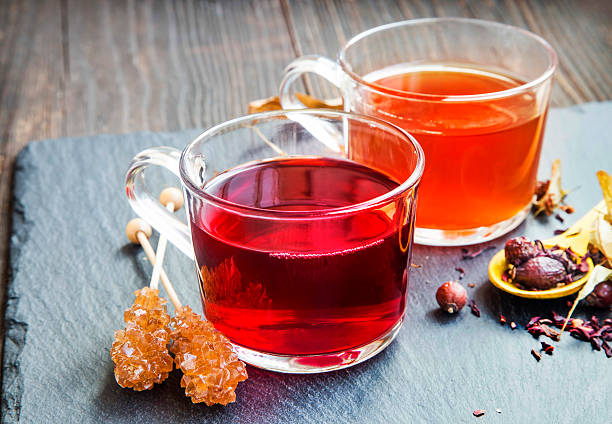
Helps Build Strong Bones











